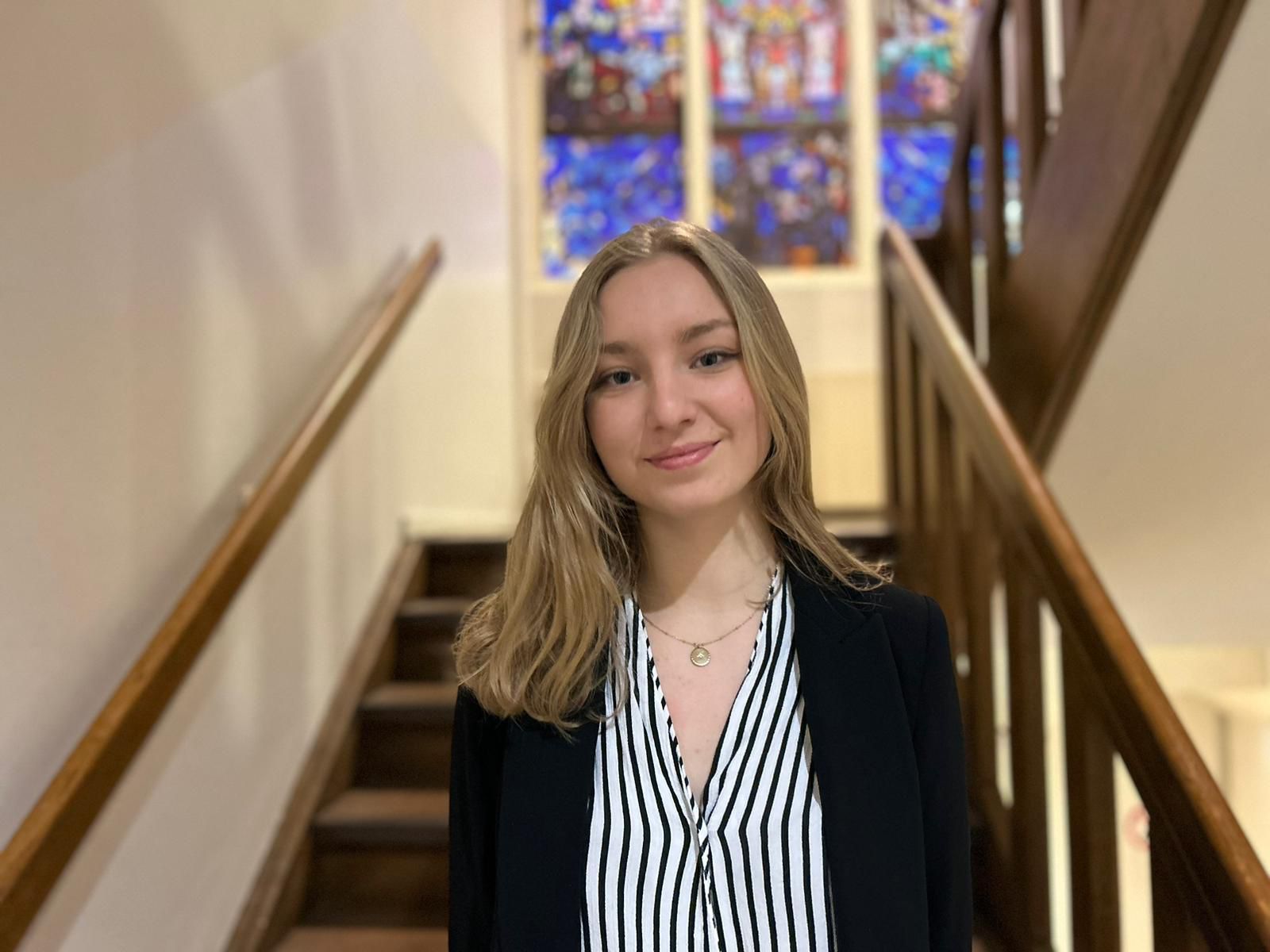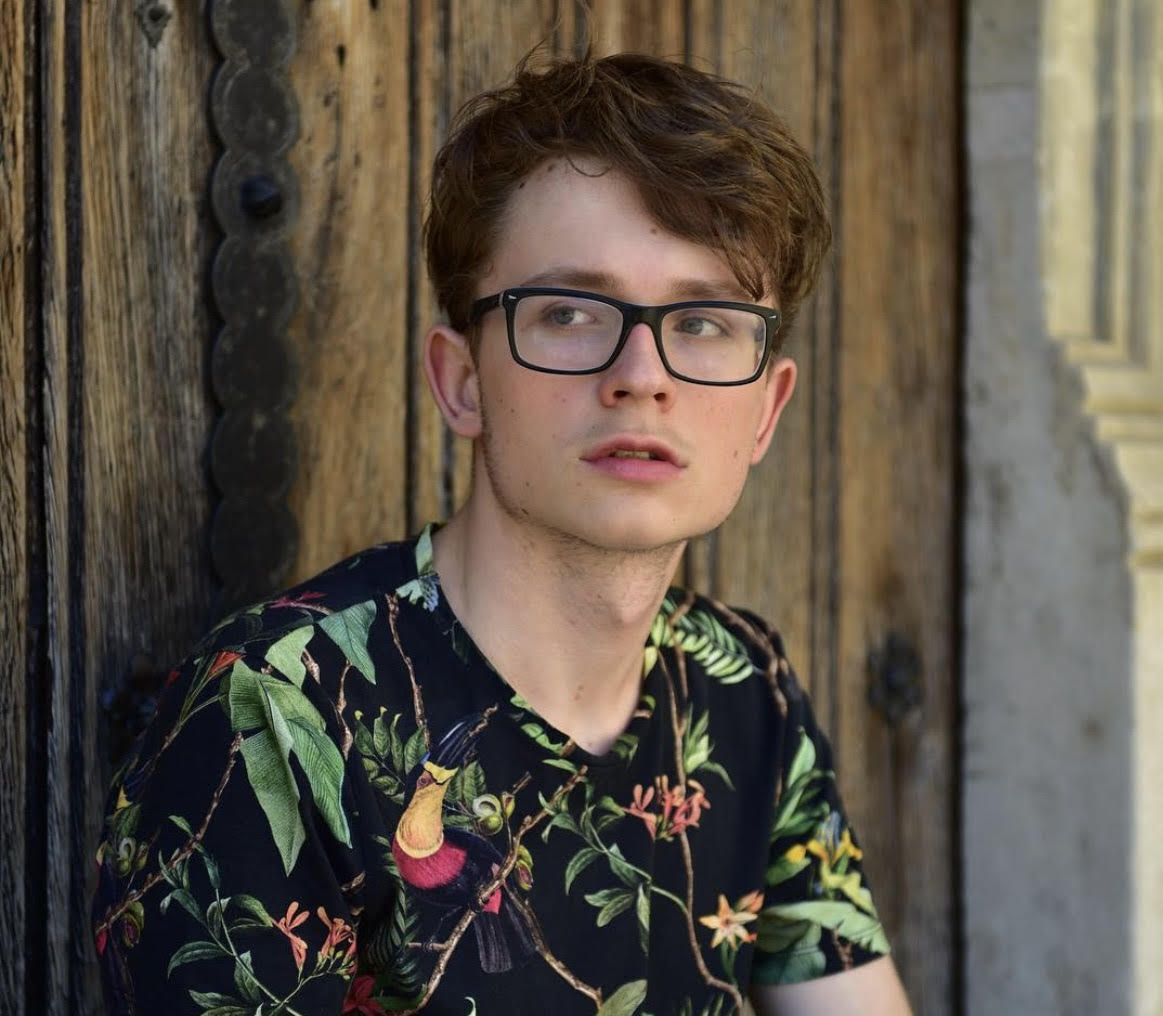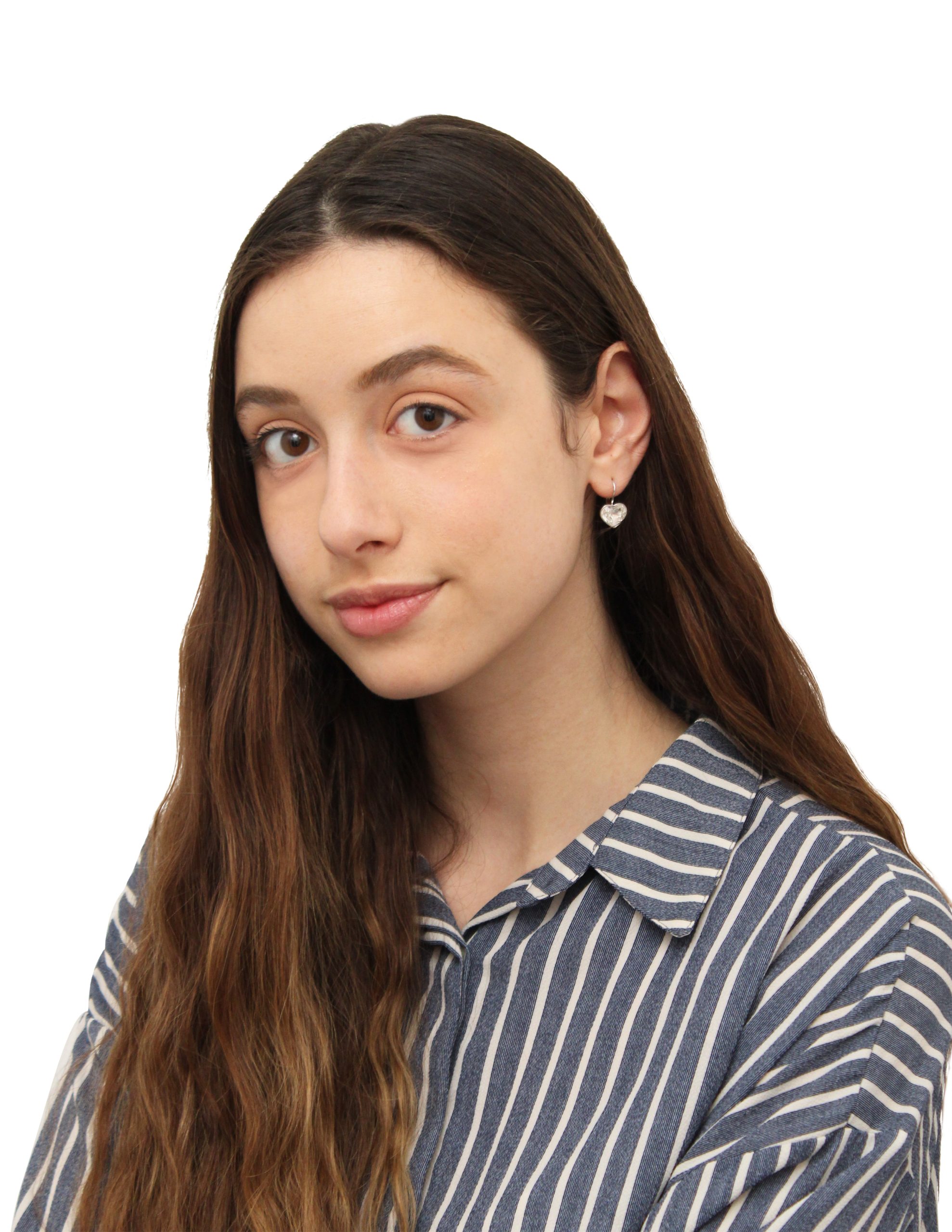European Council
The European Council is the meeting ground for Heads of State of the EU. It is the policy shaper of the European Union, as the Council Conclusions form the basis for EU policy for years to come. It also defines the general priorities for further EU development and integration. Based on these decisions, the EU legislative apparatus starts implementing the conclusions of the Council. Established in 1974, it has since set out the modern history of the EU, ranging from conclusions of European Financial Stability (2010), Immigration into the European Union (2015), dealing with the consequences of the COVID19 Pandemic (2020) and recently the war in Ukraine (2022).
TEIMUN 2023
European Council Topics
“Misinformation and the Right to Freedom of Expression under Article 10 of EHCR” and “Challenging Climate Change Denialism and Misinformation in the Digital Age”
Topic 1: Misinformation and the Right to Freedom of Expression under Article 10 of EHCR
Misinformation is one of the greatest threats to National and International stability, as
Voltaire famously said “those who can make people believe absurdities, can make people commit
atrocities”. It can be used to deceive a populus from the reality of a situation for the benefit of
governments, corporations or individuals of public standing. Thankfully, the International and
European legal communities have been recently coming up with measures aiming to eliminate
this phenomenon. From the European Union’s suggested Digital Services Act to the 2022
Ukrainian led resolution, A/HRC/RES/49/2, on the Role of States in countering the negative
impact of disinformation on the enjoyment and realisation of human rights, the measures in
question affect most, if not all, of the 27 Members of the European Council. As the European
Union’s Heads of state, the members of the council have to consider their pre-existing
obligations under National, European and International Law. One of their many obligations is the
protection of the right to freedom of expression, as ensured by many diverse instruments,
including Article 10 of the ECHR. The article guarantees the freedom to hold opinions and to
receive and impart information and ideas without interference by public authorities, which would
most likely be placed in a position of jeopardy, since all of the suggested measures include
“censoring”.
With these Member States consisting of 58% of the ECHR parties and contributing to a
total of 1644 violations of Article 10 in the past years, they shall be exceptionally cautious when
supporting the interests of their allies or promoting their own. In this year’s session, the 27 Heads
of State shall come together to adopt a cordinated approach to the combat against
misinformation, whilst taking into consideration their obligations under Article 10 of the ECHR.
Topic 2:Challenging Climate Change Denialism and Misinformation in the Digital Age
Climate change remains a topical issue on most political agendas, with the consequences
of global warming calling for more stringent action than ever. However, climate change
denialism and misinformation hinder the decision-making process by moving the focus of the
discussion to questions about the actuality and the extent of the climate crisis in the first place.
This phenomenon has been particularly amplified in the digital age, where disinformation can
spread rapidly and reach a large audience through social media and other online platforms. In
recent years, there has been a growing trend of skepticism towards experts and a preference for
alternative sources of information. This is particularly worrying in the context of climate change,
where accurate and reliable information is crucial for informed decision-making. On the one
hand, it is essential to establish a consensus on the actuality of climate change and its gravity and
move beyond denialism. On the other hand, decision-making necessitates the use of correct
information which calls for combating misinformation and engaging with a corpus of reliable
scientific data. This multifaceted matter requires a complex approach; it is an immense
responsibility of the decision-makers to ensure that effective action is taken at every level.
Thus, a crucial task of the European Union is to address the issues of climate change
denialism and misinformation. The European Council can play a leadership role in promoting
public awareness about the reality of climate change and the urgent need for action. The Member
States should work on coming to a conclusion on how to identify conspiracies and false
discourses in their own polities, how to debunk these narratives and encourage talk and
understanding about the scientific and societal nature of climate change.
Meet the Chairs!

Nadia Rezmires
Hello everyone! My name is Nadia, and I am honoured to be part of the chairing team of TEIMUN 2023. I am glad to be chairing alongside Kathy and Filip; we can guarantee that the delegates of the European Council will have a wonderful time at the conference. I come from Romania and am currently doing my bachelor’s degree in European Studies at the UvA. I have attended several MUN conferences in high school, and returning to this world of MUNs at university feels like a paradoxical turn back in time while going towards the future. European affairs are a keen interest of mine, and I cannot wait to be part of a committee where leaders of the EU member states come together to discuss such pressing issues as our Council’s topic. I am certain that we will all have a great time at TEIMUN, and I look forward to meeting all the delegates in The Hague!
Fun Fact: If you’re not paying close attention you might confuse me and the Secretary General
Filip Horvath
Hello, my name’s Filip and I’ll be your chair for the European Council this year. I am from Slovakia and I currently study political science at the University of Amsterdam. I’m an avid MUN enthusiast and this year I am making a comeback as a chair at TEIMUN. In my free time I enjoy kick-boxing, read books about writing books and a good cup of espresso.
Fun fact: I used to own a pet python named Martin.


Aikaterini Vrachati
Hi everyone! I am Catherine and I am an LLB candidate at the University of Groningen, currently specializing in Technology Law. I have been participating in MUNs since 2017 and was awarded my first chairing position in 2019, where I chaired the ECOSOC Committee of the AMUN. My participation in MUNs was the catalyst for my decision to apply to law school, which led me to study International Law in The Hague. In 2021 I interned in the field of criminal law and worked on European Arrest Warrants and immigration cases. As I am currently studying Technology Law, I am really interested in the regulation of the spread of misinformation in the digital age. Alongside that, I do research in the field of technology law, with my most recent works looking into the regulation of artificial intelligence and the freedom of expression on social media. In my free time I enjoy playing the piano, writing music, reading books and cooking.
Fun Fact: I love travelling, I am actually writing this bio from Antigua and Barbuda!